Really I don't like human nature unless all candied over with art
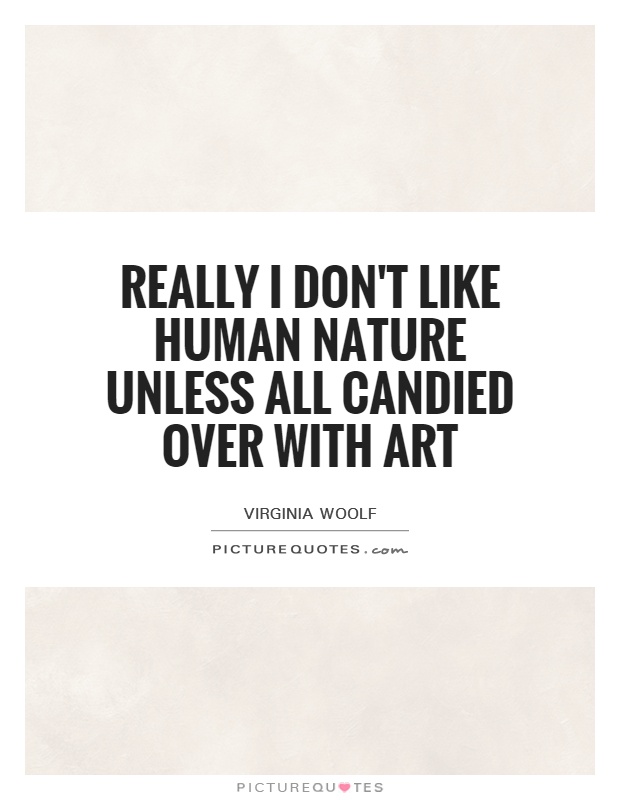
Really I don't like human nature unless all candied over with art
Virginia Woolf, a prominent figure in the modernist literary movement, was known for her insightful observations on human nature and the complexities of the human experience. In her works, Woolf often delved into the depths of human consciousness, exploring the intricacies of human emotions, relationships, and societal norms. One of her most famous quotes, "Really I don't like human nature unless all candied over with art," encapsulates her nuanced understanding of the human condition and the transformative power of art.Woolf's statement suggests that she finds human nature unpalatable in its raw form, but when filtered through the lens of art, it becomes more palatable and meaningful. This sentiment reflects Woolf's belief in the ability of art to elevate and transcend the limitations of human nature. Through art, she believed that the complexities and contradictions of human existence could be distilled into something beautiful and profound.
For Woolf, art was not merely a form of entertainment or decoration, but a means of exploring and understanding the world around her. In her novels, such as "Mrs. Dalloway" and "To the Lighthouse," Woolf used language and narrative structure to delve into the inner lives of her characters, revealing the depths of their thoughts, emotions, and desires. Through her innovative writing style, Woolf sought to capture the essence of human experience and the complexities of human relationships.
Woolf's emphasis on the transformative power of art also speaks to her belief in the importance of creativity and imagination in shaping our understanding of the world. By engaging with art, whether through literature, painting, music, or other forms of expression, Woolf believed that individuals could gain new perspectives on their own lives and the world around them. Art, for Woolf, was a means of transcending the limitations of human nature and connecting with something greater than ourselves.
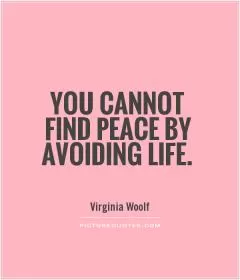
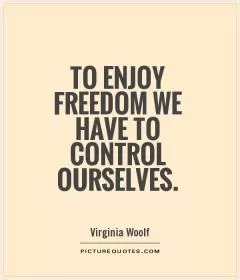
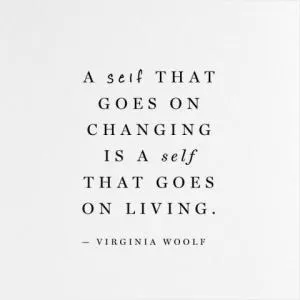
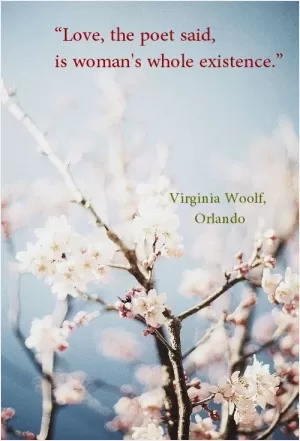
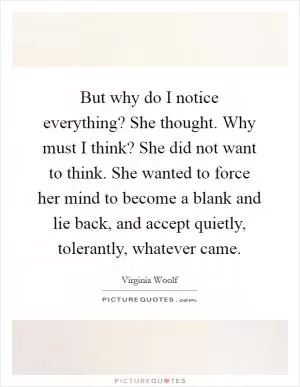
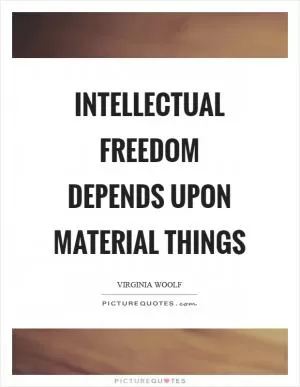
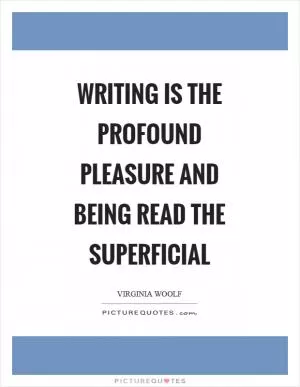
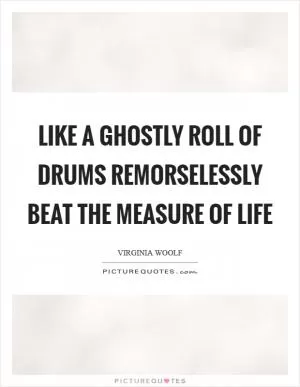
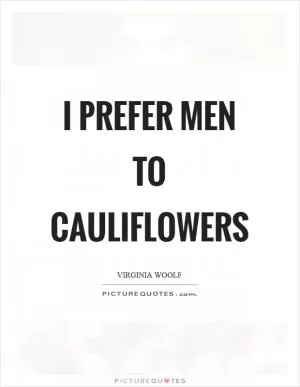
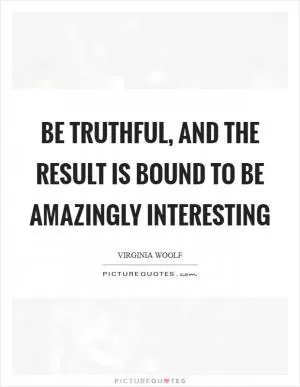
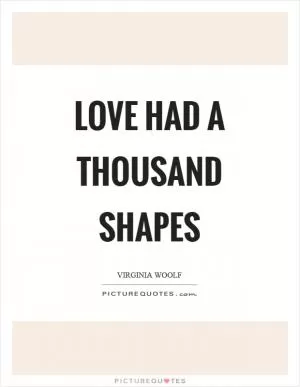
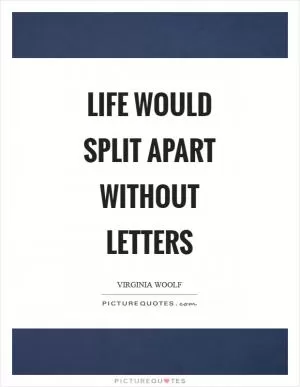
 Friendship Quotes
Friendship Quotes Love Quotes
Love Quotes Life Quotes
Life Quotes Funny Quotes
Funny Quotes Motivational Quotes
Motivational Quotes Inspirational Quotes
Inspirational Quotes